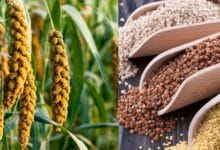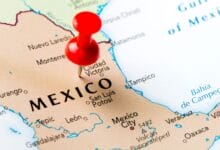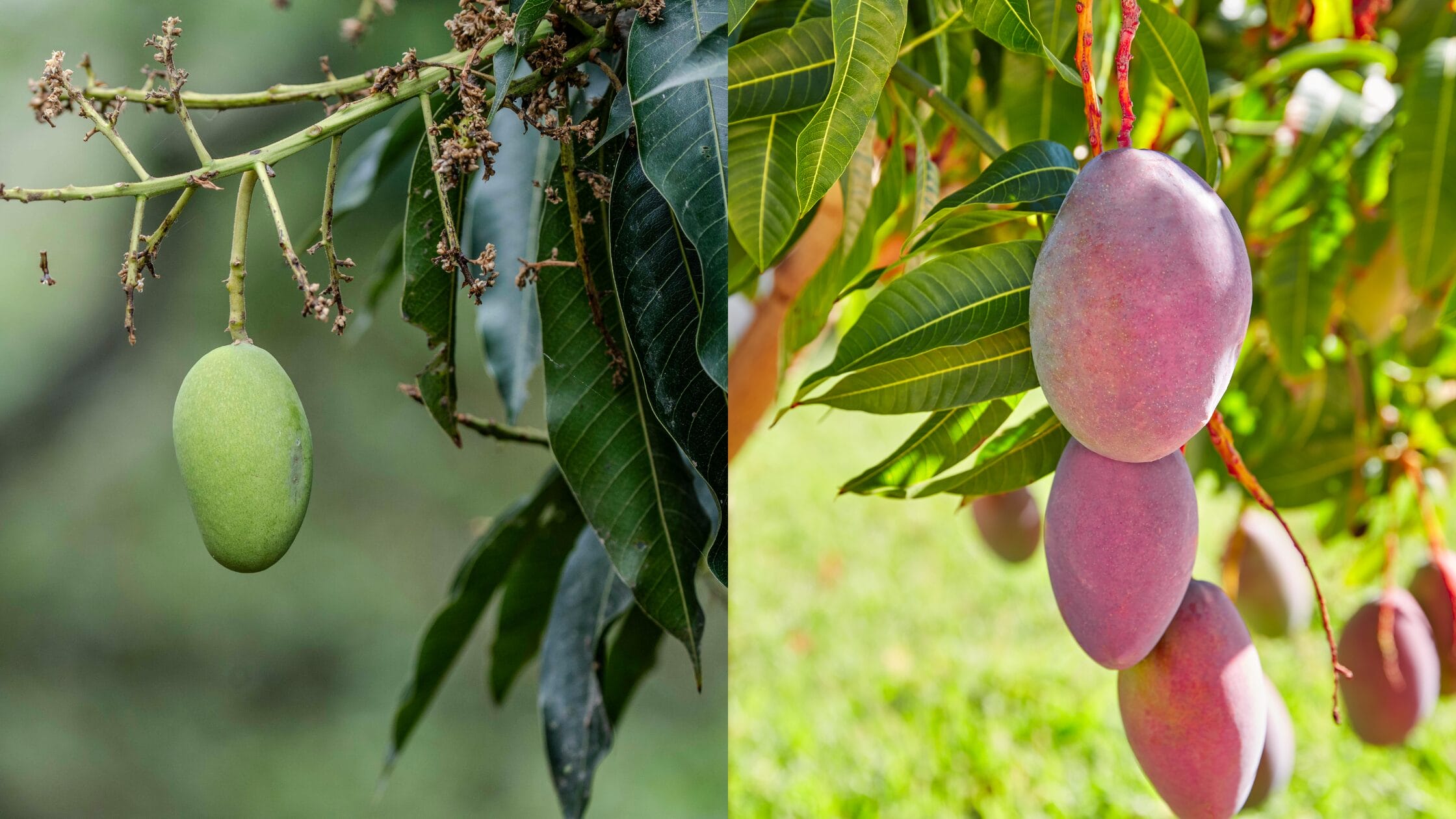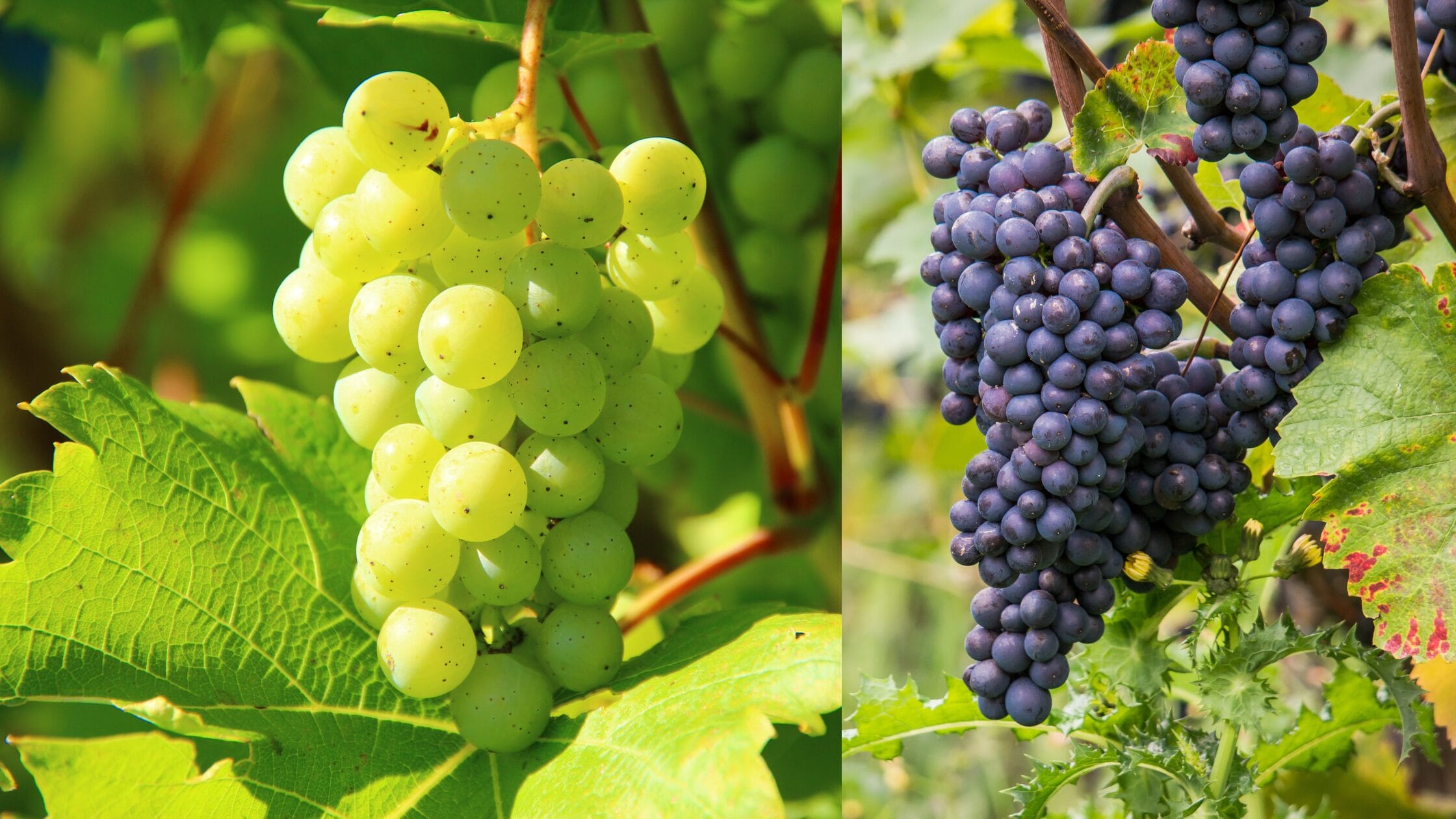Which Country is the Highest Hibiscus Producer in the World!

Hibiscus, especially the Hibiscus sabdariffa species, is cultivated globally due to its multiple applications—from flavorful teas and herbal beverages to extracts in cosmetics, nutraceuticals, and even natural fibres.
Understanding which countries took the position in the global ranking in production.
China and Thailand
According to the Spanish-language Wikipedia page on Hibiscus sabdariffa, China and Thailand are currently the largest producers globally, with significantly higher production than others like Mexico, Egypt, Senegal, Tanzania, Mali, and Jamaica (Wikipedia).
Sudan — The Unsung Giant
A report on hibiscus flower extract production reveals that Sudan accounts for an estimated 60–70% of the global dried hibiscus flower supply—a crucial raw material for extracts.
This massive share highlights Sudan’s dominance, particularly in markets demanding dried calyces.
Export vs. Production: What About India and Nigeria?
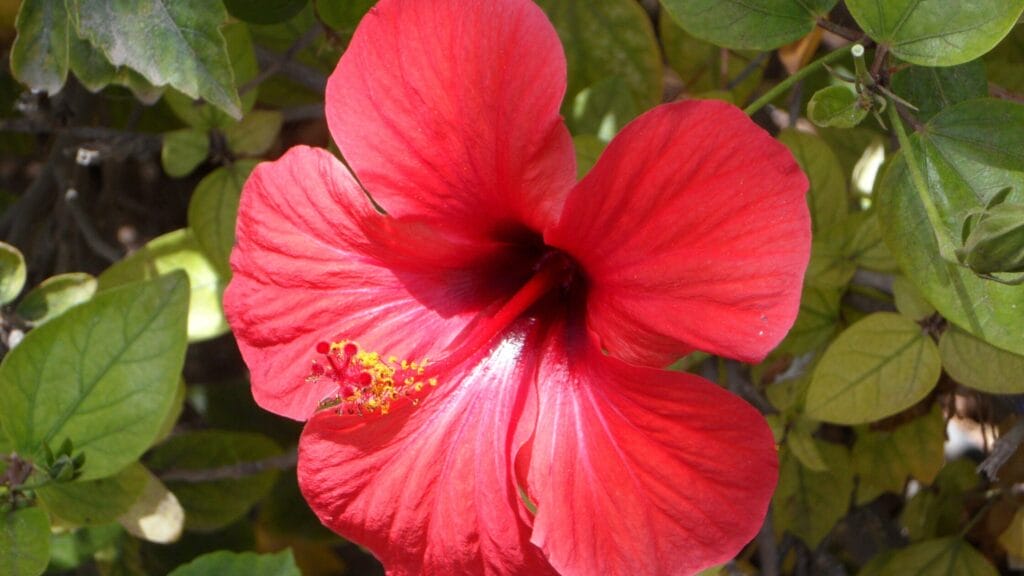
India
India stands out as one of the world’s largest exporters of hibiscus, delivering over 8,400 shipments, capturing around 21–35% global exports.
Its strength lies in supportive policies, low production costs, and native varieties, especially valued for use in personal care and herbal products.
Nigeria
Similarly, Nigeria features prominently among the top exporters, with several thousand export shipments according to Volza trade data (Volza). Its hibiscus is well-perceived by European buyers as reliable with respectable quality.
While these figures highlight India’s and Nigeria’s export reach, export volume isn’t the same as production volume. Countries like Sudan might dominate raw output but may not ship as extensively.
Africa’s Leading Producers
Africa is a powerhouse in hibiscus cultivation.
- Egypt is estimated to produce over 40,000 metric tons annually, making it a leading producer on the continent.
- Other notable contributors are Nigeria, Sudan, and Senegal, collectively reinforcing Africa’s position as a major global supplier.
Summary of Major Hibiscus Producers
| Country/Region | Role & Highlights |
| China & Thailand | Largest overall producers of H. sabdariffa (Wikipedia). |
| Sudan | Dominates dried hibiscus supply (60–70%), pivotal for extract markets. |
| Egypt | Leads African production, ~40,000 metric tons annually (smebluepages.com). |
| India | Top exporter; benefits from climate, policy, and diverse varieties (Volza, Grand View Research). |
| Nigeria | Consistently among key exporters, growing quality and reputation (cbi.eu, Volza). |
Final Thoughts: Who Truly Leads?
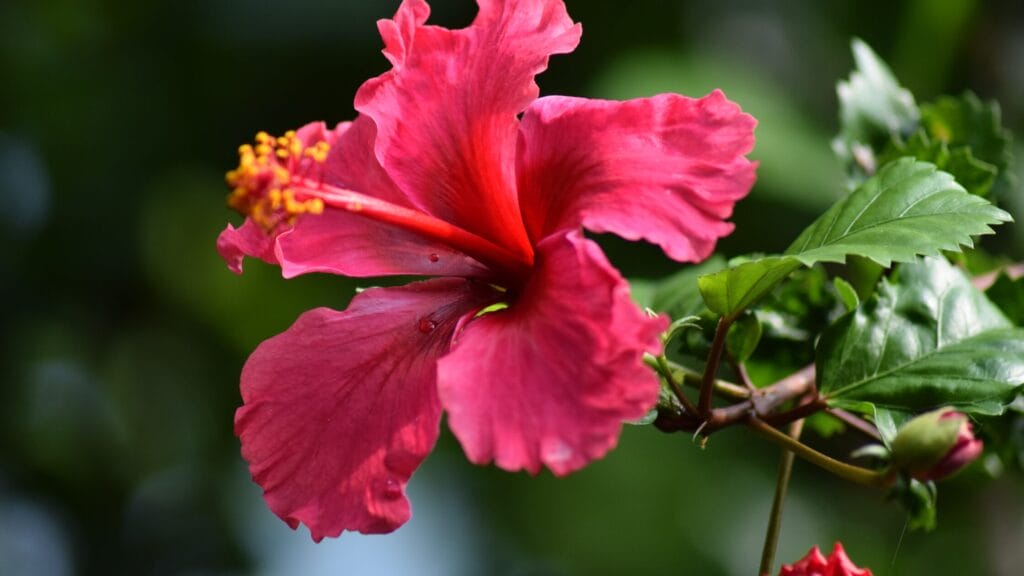
The answer varies by perspective:
- By sheer production (cultivation output), China and Thailand appear to lead.
- By global dried supply for extracts, Sudan is arguably the most significant.
- By export capacity, India and Nigeria dominate international trade.
Each plays a pivotal role in the hibiscus supply chain—whether through volume, quality, exports, or access to international markets.
Future Prospects & Sustainability
The hibiscus market is poised for growth, fueled by:
- Rising demand for natural extracts in the health, beauty, and wellness sectors.
- Initiatives like India’s extraction facilities and Ethiopia’s organic-certified farms that command premium pricing in global markets (P Market Research).
- African producers have opportunities to expand through value-added processing and improve their trade infrastructure.
Emerging trends suggest that countries combining high yield with robust supply infrastructure and quality certification will become top suppliers in the evolving hibiscus landscape.
Also Read: Which Country is the Highest Apple Producer in the World?
Conclusion
When asking, “Which country is the highest producer of hibiscus?”, there isn’t a single definitive answer—each key producer leads in a different aspect:
- China & Thailand lead production.
- Sudan leads the dried raw material supply.
- Egypt leads African production.
- India and Nigeria lead in exports.

